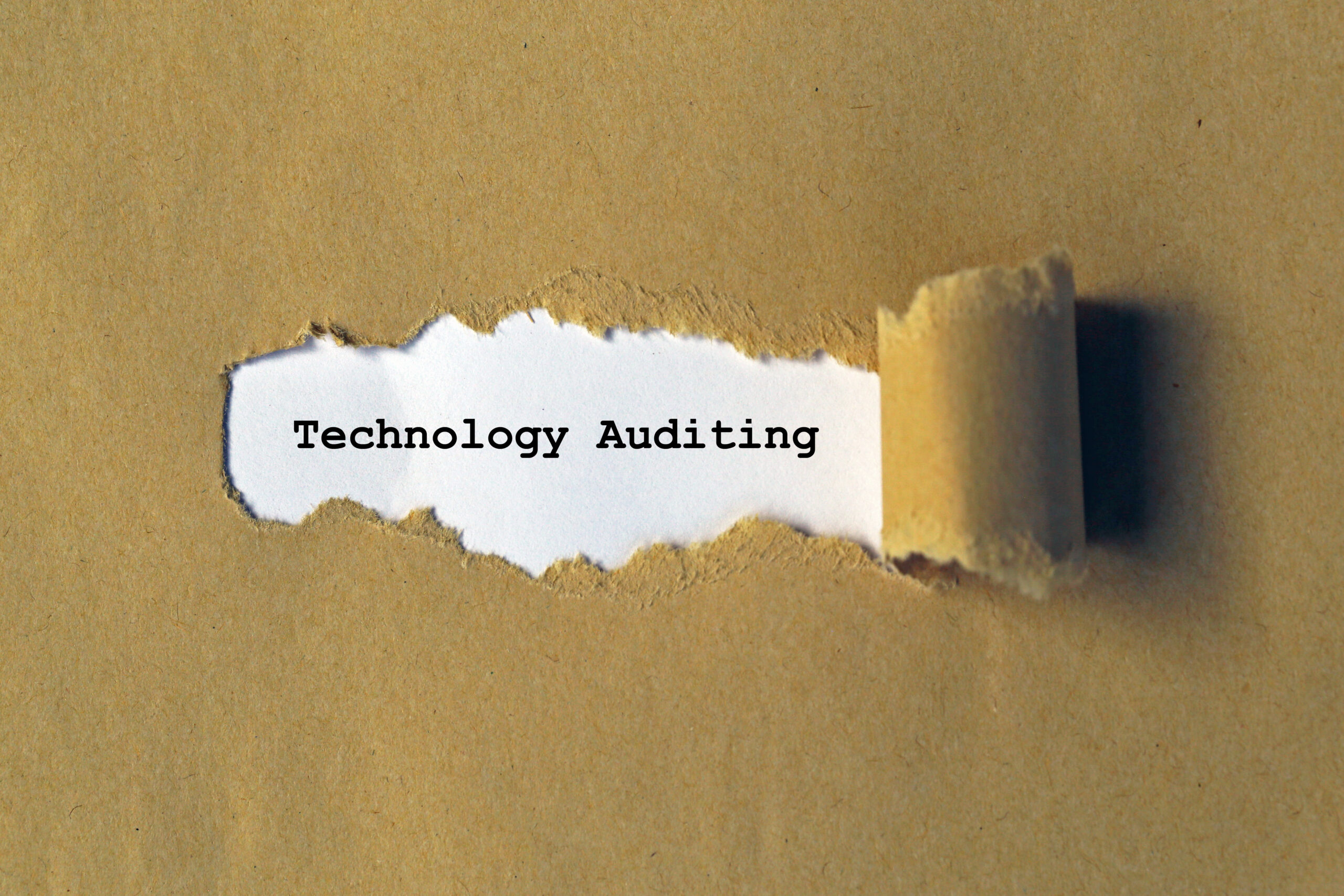Security Control Assessor-Validator (SCA-V) services are a core part of many compliance frameworks, and any agency proposing to offer these services will often provide a common set of expertise, certifications, and knowledge to support their customers.
Here, we’re covering the basics of SCA services and what you should look for when signing on with a provider.
SCA-V Services and Components
SCA-V services assess and validate security controls in a particular IT or cloud system, particularly as they align with governmental regulations outlined by the National Institute of Standards and Technology (NIST). These teams play a pivotal role in cybersecurity, particularly compliance and risk management around core regulations like:
- The Risk Management Framework
- FISMA
- NIST Special Publication 800-53
- NIST Special Publication 800-171
- Defense Federal Acquisition Regulation Supplement (DFARS)
These services are integral to confirming that information systems adhere to these regulations and will include functions such as:
- Evaluating Security Controls: The central role of SCA is assessing security controls of a given compliance or regulatory requirement, including thorough examination to ensure these controls effectively mitigate threats and vulnerabilities, utilizing frameworks and standards like the NIST guidelines.
- Validation Responsibilities: SCA-V’s responsibilities extend to validating security controls’ proper implementation and operational effectiveness. This process typically includes diverse testing methods and verification techniques.
- Ensuring Compliance: A critical element of SCA-V services is to confirm that information systems comply with relevant cybersecurity regulations and standards, a necessity for organizations in regulated sectors or those handling sensitive data.
- Comprehensive Documentation: Any assessment must be documented for reporting and knowledge retention purposes, and anyone offering SCA services can provide the documents for the purposes required.
- Proposing Enhancements: In instances where security gaps are discovered, SCA-Vs are expected to propose recommendations to bolster the system’s security. These recommendations can range from implementing new controls to modifying policies or updating existing security mechanisms.
- Ongoing Monitoring: Since security is an ongoing concern, SCA-V services often include continuous monitoring and reviews, whether required for compliance or solid cybersecurity health.
SCA-V services can be sourced from specialized cybersecurity firms or managed by trained in-house professionals. The ultimate objective is to minimize risk, prevent data breaches, and guarantee that an organization’s information systems align with industry best practices and compliance mandates.
What Are the Qualifications Required to be an SCA?

Navigating the Compliance Landscape for SCA Services: For cybersecurity firms aspiring to offer SCA services, navigating a complex tapestry of licenses and regulatory standards is a given. These requirements can vary significantly, influenced by both geographical regions and the specific industries they aim to serve.
- Mandatory Certifications and Deep Expertise: It’s widely understood that SCA-V professionals should possess key cybersecurity certifications, such as CISSP, CISM, or CISA. These aren’t just titles; they represent a deep-seated expertise and a comprehensive understanding of the intricacies of information security.
- Conforming to Industry Benchmarks: For cybersecurity firms, especially those engaging with government systems, alignment with industry benchmarks, like the NIST standards, is often a fundamental requirement. This alignment is not just about ticking boxes; it’s about ensuring their practices and processes follow the highest industry standards.
- Security Clearances and Background Checks: Employees conducting SCA services may need security clearances, depending on the kinds of data or systems they will touch.
- Adhering to Data Protection and Privacy Laws: Compliance with relevant data protection and privacy laws is non-negotiable. Whether it’s aligning with GDPR in Europe, HIPAA in the U.S., or other regional regulations, these laws are paramount in shaping how firms manage and protect data.
- Liability Insurance as a Safety Net: Possessing professional liability insurance is often an essential requirement for these firms. It serves as a safety net, protecting against any potential legal claims that may arise during their service provision.
Cybersecurity firms must stay updated with their operational regions and industries’ ever-evolving legal and regulatory landscape. This dynamic environment demands constant vigilance and adaptability, ensuring they remain compliant and effective in their services.
What Should You Look For in a Security Firm Offering SCA-V Services?
Business or IT leaders must meticulously evaluate several pivotal factors when seeking a cybersecurity firm for SCA-V services. These considerations span both the technical expertise and the operational integrity of the firm:
- Certifications: In selecting a cybersecurity firm, it’s imperative to verify that its team members are not only highly qualified but also holders of esteemed certifications like CISSP, CISA, or CISM.
- Demonstrated Expertise: Beyond certifications (which can still serve as a testament to an organization’s understanding of cybersecurity), any firm should provide evidence of their expertise, either through results, client testimonials, or other case studies.
- Proven Track Record and Client Testimonials: When choosing a firm, prefer one with an extensive and successful history in handling SCA-V projects. Genuine endorsements from past clients, especially those within your industry or with similar security needs, are invaluable. They offer deep insight into the firm’s operational effectiveness and reliability, factors critical for making an informed decision.
- Commitment to Current Industry Standards: Choosing a firm that rigorously follows relevant industry standards, such as NIST guidelines for U.S. government-related systems, is non-negotiable. This commitment goes beyond mere regulatory compliance; it reflects the firm’s dedication to evolving industry standards and adapting to new regulatory landscapes.
- Customized Security Approaches: Recognizing the distinct needs of each organization, your selected firm must demonstrate a capacity for customizing its security strategies. These solutions should align with your business context, operational requirements, and risk assessment. A standardized approach is seldom practical in cybersecurity’s intricate and ever-changing world.
This decision requires thoughtful and strategic consideration for business or IT leaders responsible for selecting a cybersecurity firm, especially for SCA-V services. The chosen firm should guarantee the security of your systems and align seamlessly with your broader business goals and risk management plans.
Lazarus Alliance: Trusted SCA-V Provider
Contact Lazarus Alliance to learn more about our SCA-V services or other compliance and security support offerings.




Related Posts